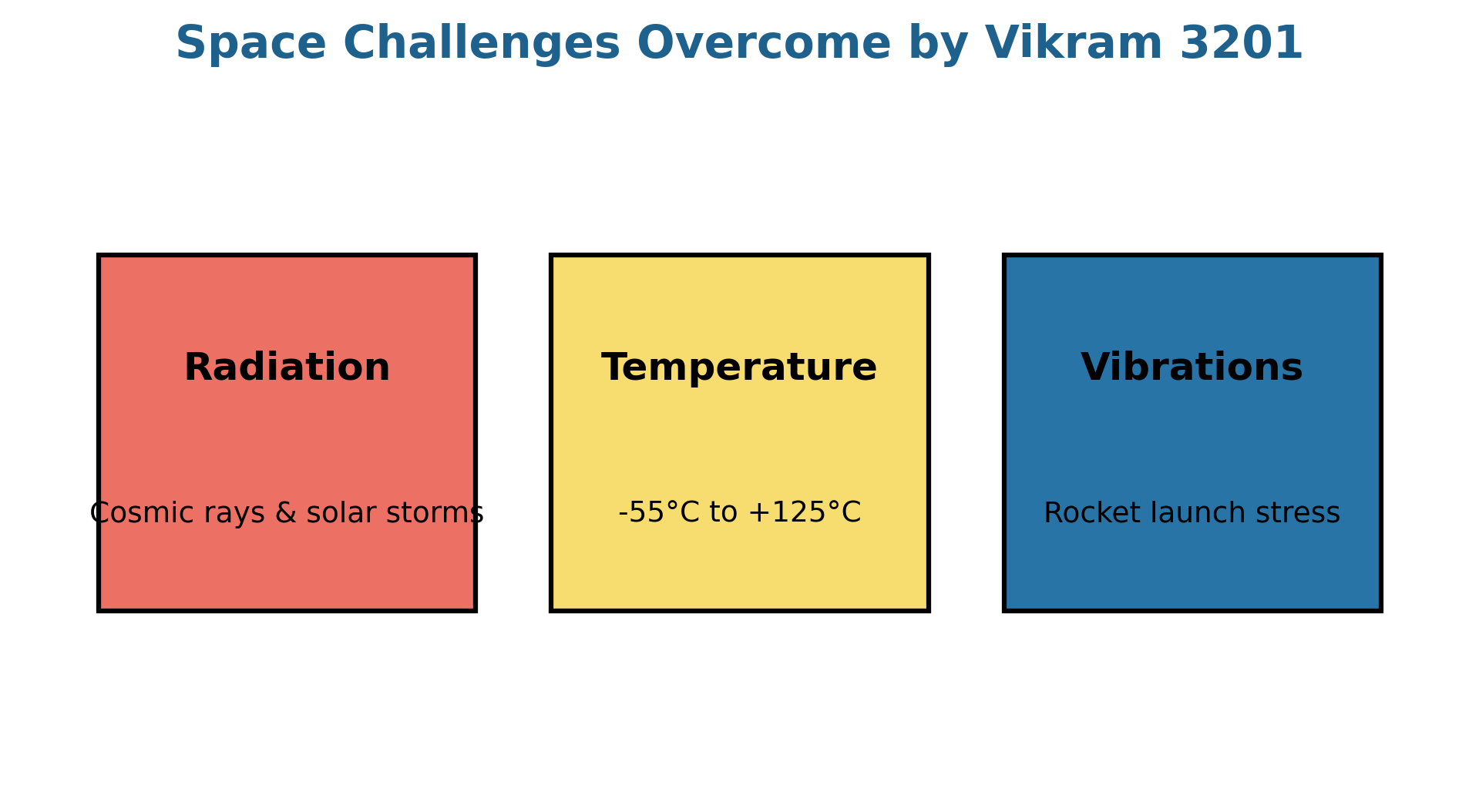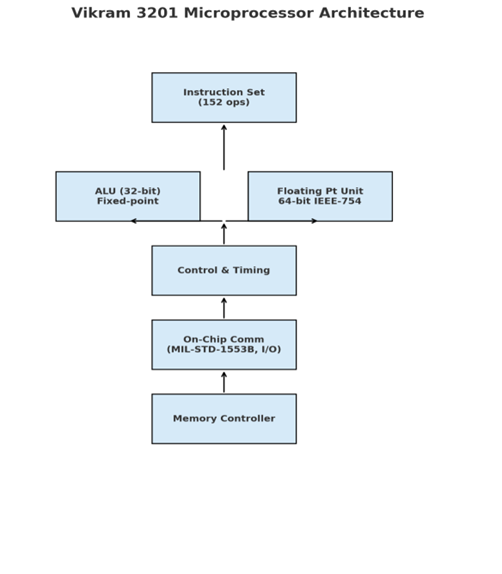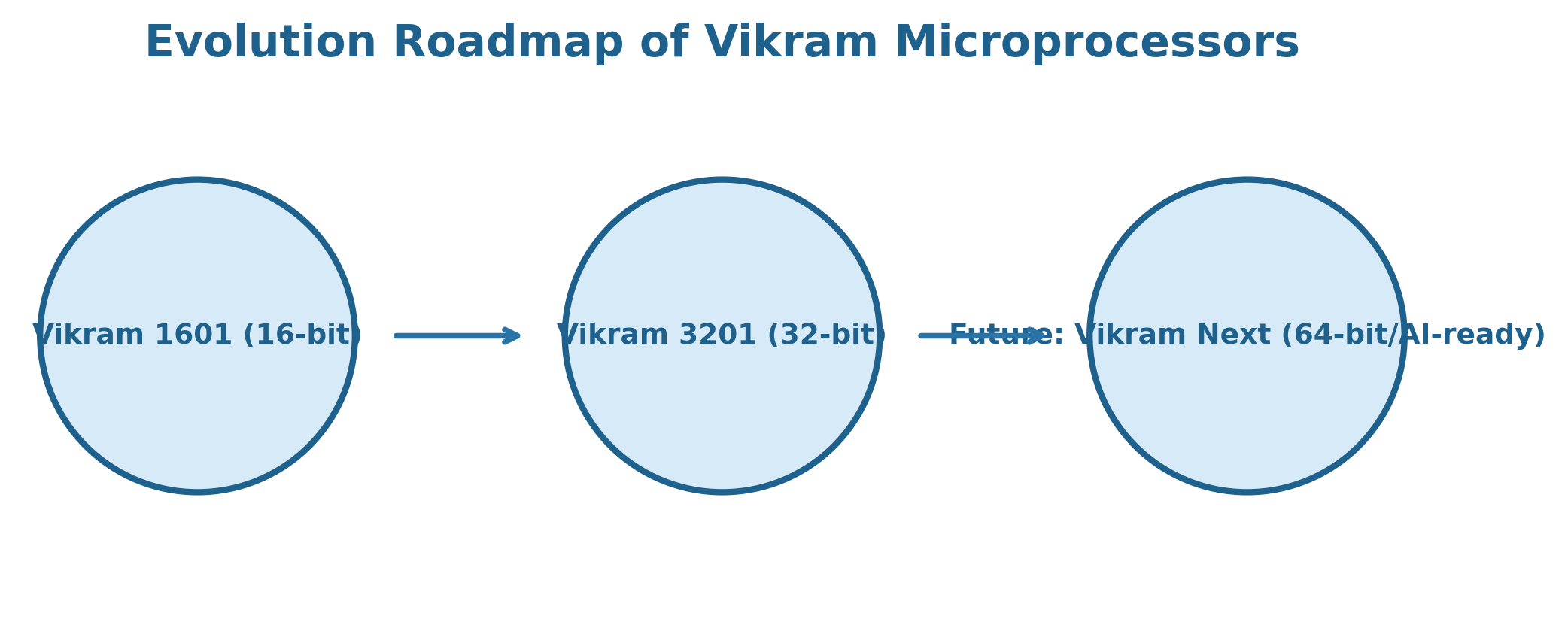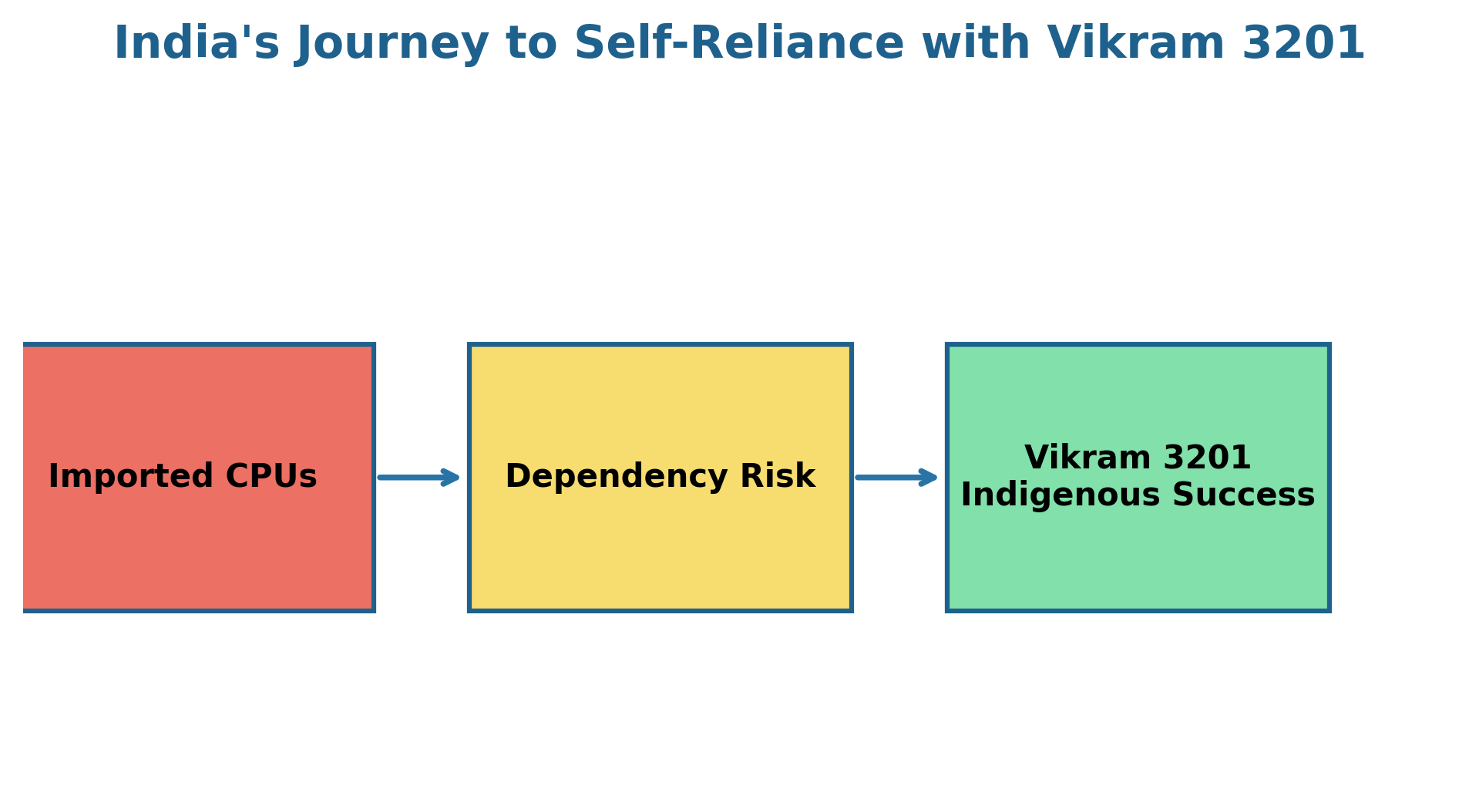There are no items in your cart
Add More
Add More
| Item Details | Price | ||
|---|---|---|---|
🚀 Vikram 3201: India’s Indigenous Space Microprocessor When a spacecraft launches, it carries not just payloads but the computing brain that keeps everything running — the microprocessor. For decades, India relied on foreign-made CPUs for satellites and launch vehicles. But with the arrival of Vikram 3201, India has built its own mission-ready space processor, marking a new era of Atmanirbharta (self-reliance) in space technology.




Wed Sep 10, 2025